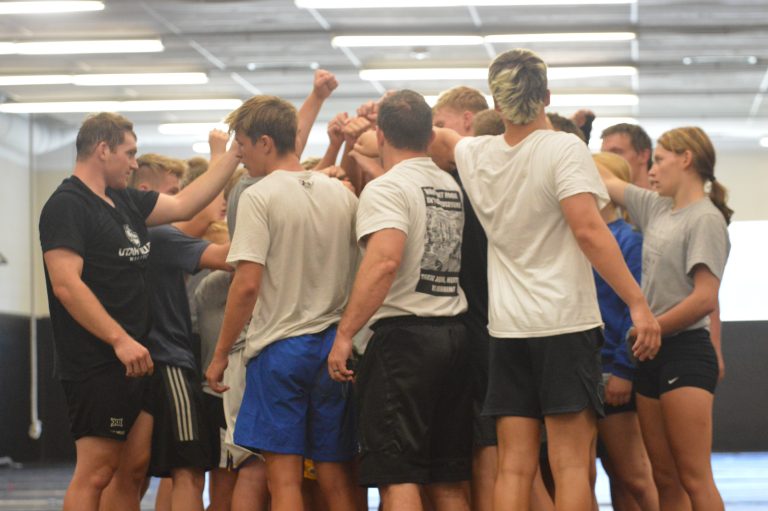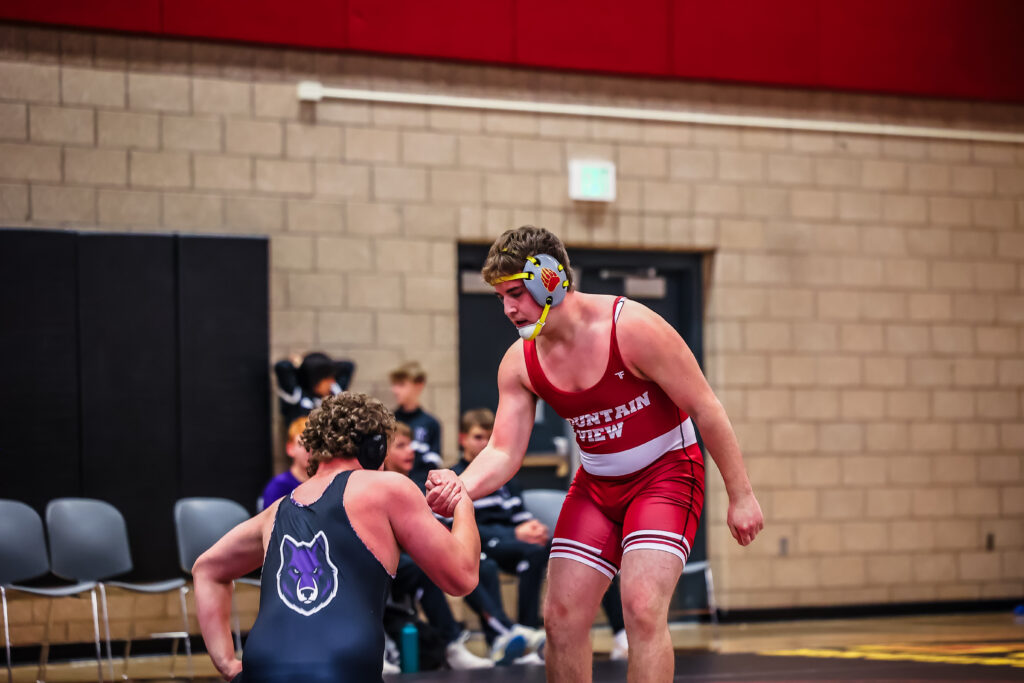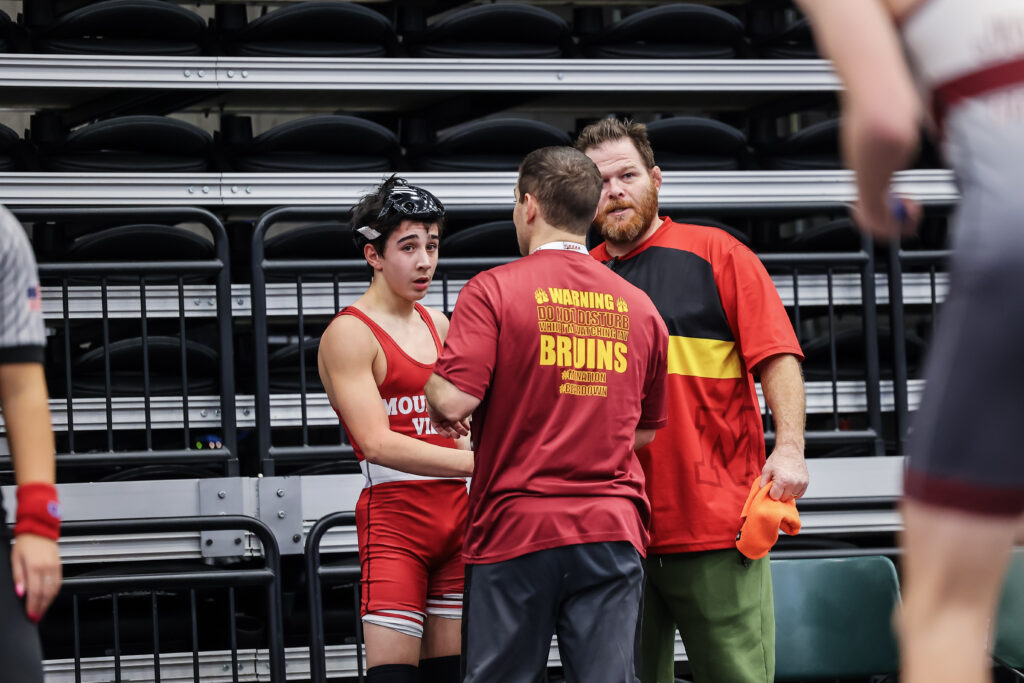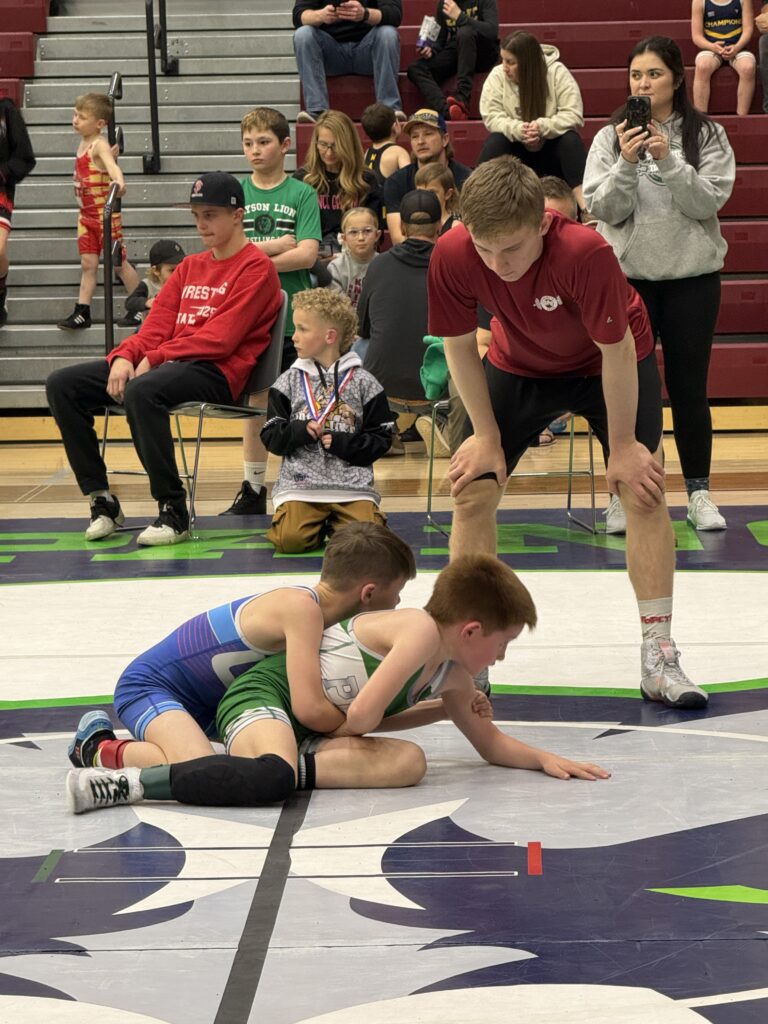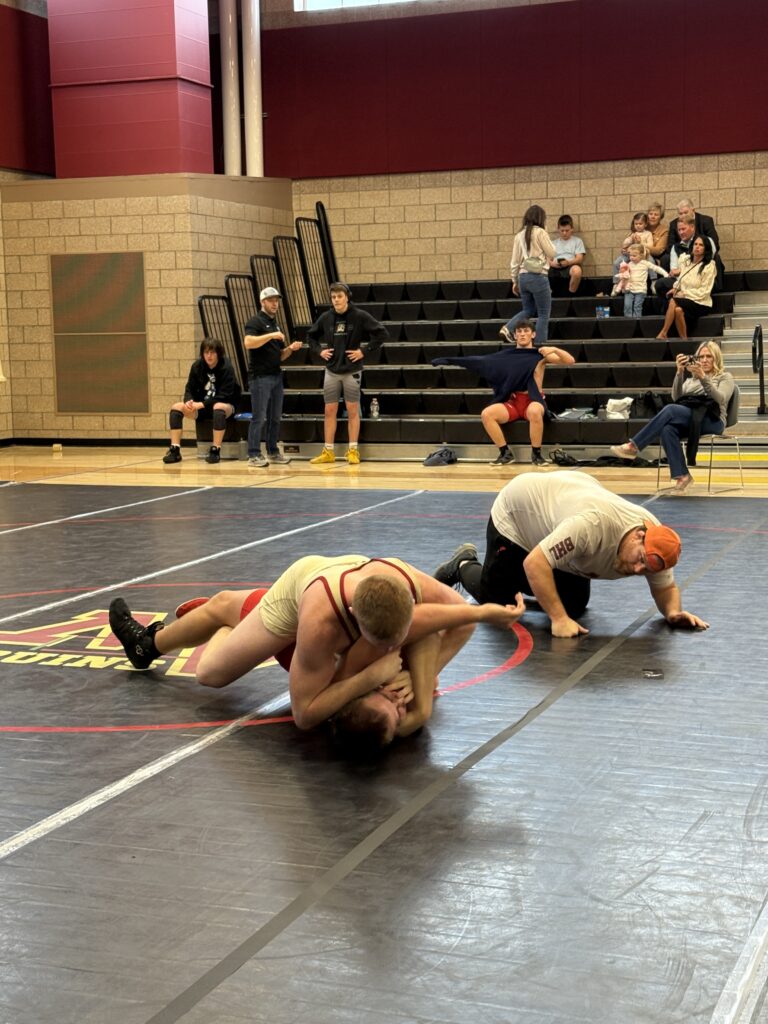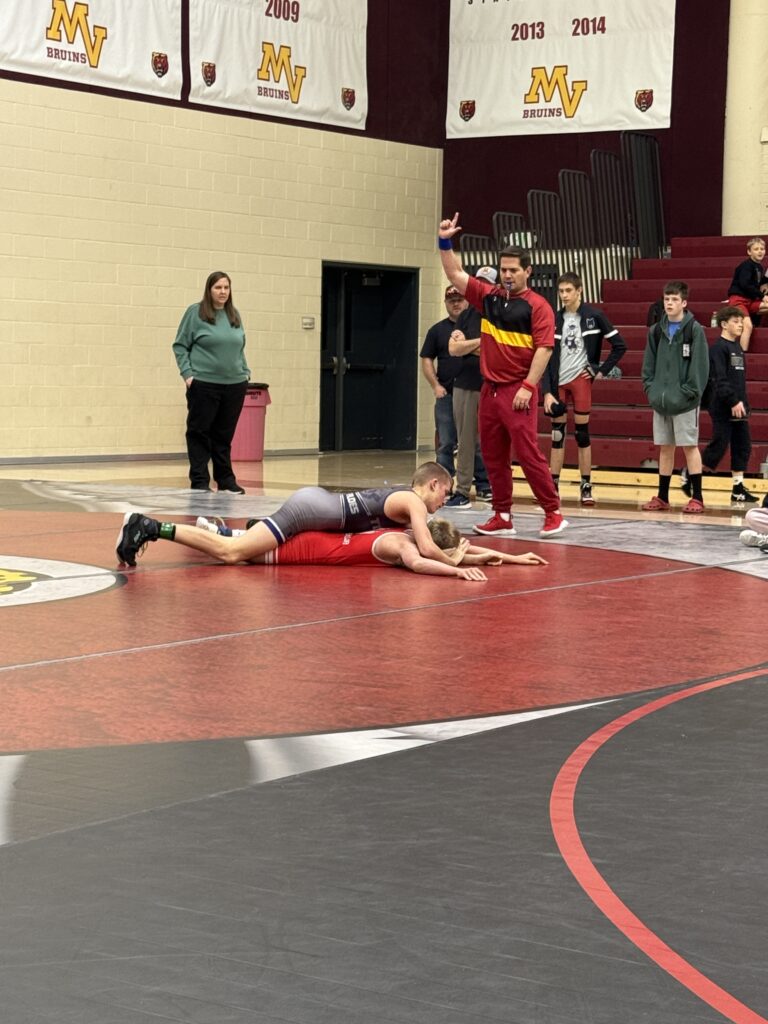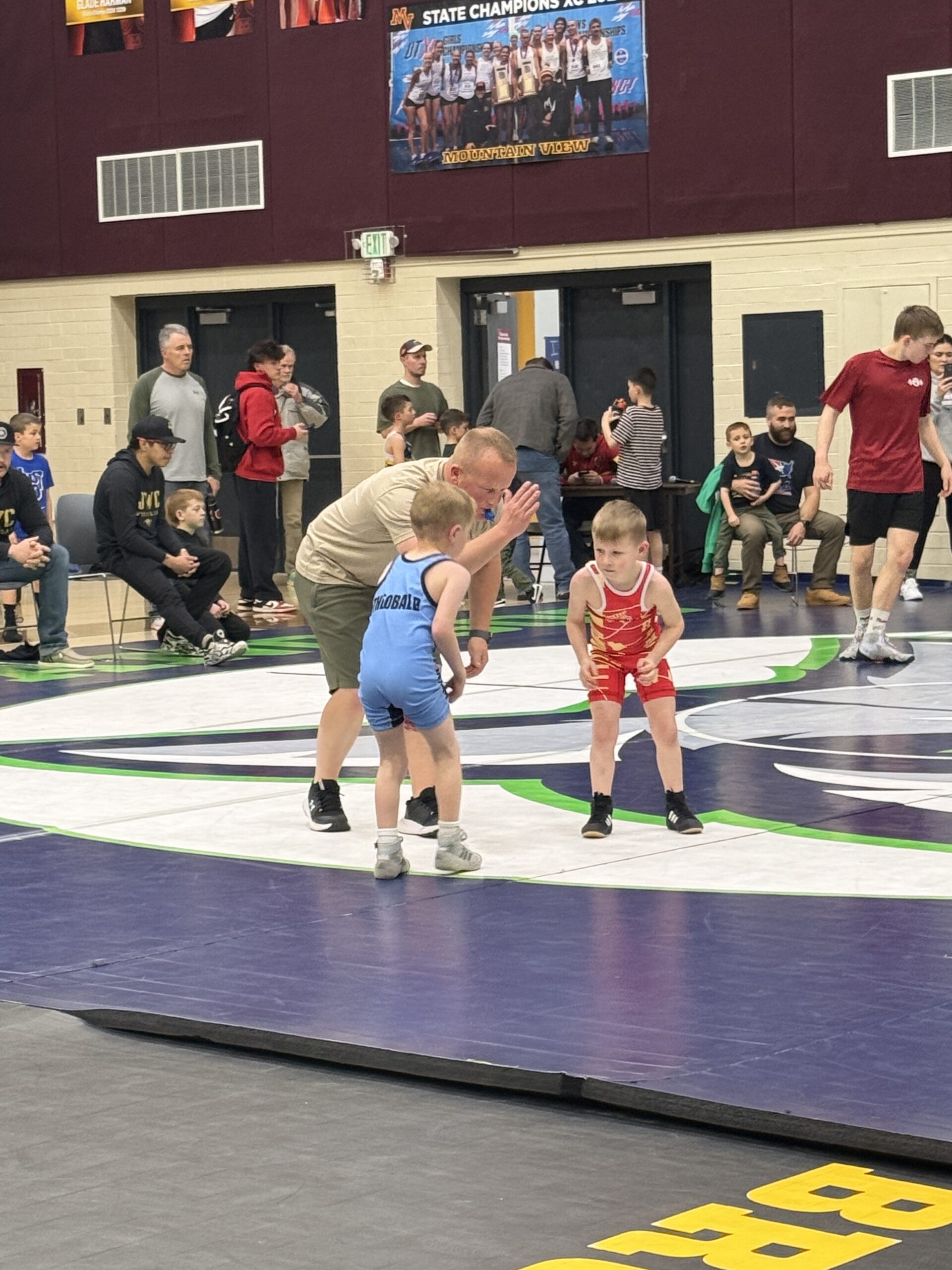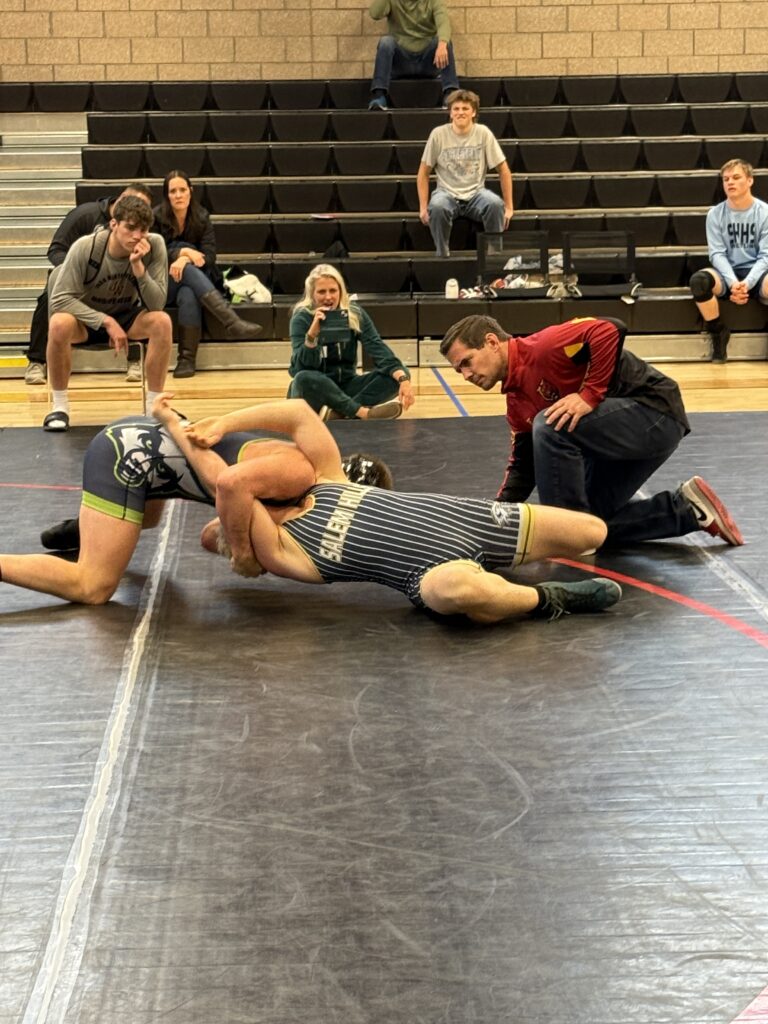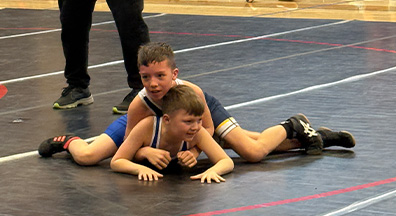In youth wrestling, success isn’t solely defined by the number of victories on the scoreboard. While winning is certainly important, the true success of a wrestling program lies in its team culture. In K–12 wrestling, a positive and strong team culture can shape the experience of every athlete, fostering not just better performance but stronger character, leadership skills, and lifelong friendships.
Coaches, parents, and athletes alike are beginning to understand that great wrestling teams are built on respect, accountability, and community—principles that last long after the final whistle blows. Let’s explore how teams can create an environment where athletes grow into confident, respectful, and well-rounded individuals, both on and off the mat.
🤝 Leadership Development: Cultivating the Next Generation of Leaders
One of the most powerful aspects of team culture in wrestling is the focus on leadership development. Wrestling is a very individual sport, where the athlete often faces the mat alone, but great teams are built through leadership. Strong teams encourage athletes to take ownership not only of their performance but also of their responsibility to their teammates.
“Great leaders don’t just win matches—they lift up those around them,” says a veteran wrestling coach. “Leaders on the mat are the ones who motivate others during tough practices, give advice after losses, and make sure everyone feels included.”
Coaches are now placing more emphasis on teaching leadership qualities such as:
- Empathy and listening skills
- Positivity and encouragement
- Accountability and responsibility
- Mentorship and role-modeling
By developing leadership skills, wrestlers not only improve their own growth but also contribute to the success of the entire team. Leadership isn’t reserved for the captain alone; it’s a value that permeates every aspect of the team’s dynamic.
🏅 Sportsmanship: Respecting the Mat, the Opponent, and the Process
Sportsmanship is another cornerstone of a strong team culture. Wrestling, at its core, teaches respect—respect for your opponent, the rules, and the sport itself. Good sportsmanship fosters a sense of pride in the program and creates a positive atmosphere that encourages learning, growth, and camaraderie.
Building a culture of respect means:
- Shaking hands before and after matches, regardless of the outcome
- Congratulating opponents on good moves and showing appreciation for their efforts
- Acknowledging the efforts of teammates and lifting them up after tough losses
- Displaying humility in both victory and defeat
Wrestling teaches athletes that hard work, discipline, and perseverance lead to success—but it also teaches them how to handle adversity with dignity and grace. A team culture that values sportsmanship turns every competition into a learning experience and encourages personal growth, not just athletic achievement.
🌍 Community Involvement: The Power of Giving Back
Building a strong team culture doesn’t just happen inside the gym—it extends into the community. Many programs are actively encouraging athletes to get involved in local service projects, youth mentoring, or fundraising activities. This type of community involvement helps athletes develop a sense of social responsibility and makes them feel connected to something bigger than themselves.
Athletes may:
- Volunteer at local events or youth clinics
- Organize charity fundraisers for wrestling equipment or travel
- Mentor younger wrestlers and help with training sessions
- Participate in local outreach programs that promote fitness and healthy living
These activities not only benefit the community but also build bonds among team members. When athletes work together outside of practice, they grow closer and develop a sense of unity that strengthens their performance on the mat.
👥 Accountability: A Team That Lifts Each Other Up
A positive team culture thrives when accountability is prioritized. Accountability means that athletes hold themselves and each other responsible for their actions, both inside and outside of practice. It creates a supportive environment where teammates can rely on one another for motivation, encouragement, and constructive feedback.
“Accountability isn’t about criticizing each other; it’s about creating a space where we can be honest and help each other improve,” explains a wrestling team captain. “We lift each other up, celebrate the small wins, and hold each other to a higher standard.”
This mutual support helps each athlete perform at their best and teaches important life lessons about personal responsibility, resilience, and teamwork.
🫱🏽🫲🏼 Building Brotherhood: The Bonds That Last a Lifetime
At the heart of every great team is a deep sense of camaraderie. Wrestling programs are increasingly recognizing the importance of fostering bonds among teammates that go beyond just practice. Whether it’s post-practice hangouts, team-building exercises, or simply being there for one another during tough times, these connections create a sense of family that makes the team stronger.
The feeling of being part of something bigger than yourself—of belonging to a tight-knit team that’s rooting for your success—can inspire wrestlers to push harder, dig deeper, and grow stronger. These bonds often extend well beyond high school, with wrestlers staying connected as lifelong friends, mentors, and even coaching colleagues.
💪 The Ultimate Goal: Building Well-Rounded Individuals
While competition and athleticism are crucial to wrestling, the true success of a program lies in the character and personal development of its athletes. Great wrestling programs are focused on producing not just skilled athletes, but well-rounded individuals who embody values of leadership, respect, discipline, and accountability.
Wrestling teaches more than just how to win—it teaches how to be a better person, how to work with others, and how to rise above challenges. As coaches focus on building strong team cultures, they are helping young wrestlers develop the skills they need to succeed in sports—and in life.
The best wrestling teams aren’t just about how well you wrestle—they’re about who you become on the mat and beyond. By fostering a culture of leadership, sportsmanship, accountability, and community, K–12 wrestling programs are helping athletes grow into well-rounded individuals who will carry these lessons with them for years to come.
